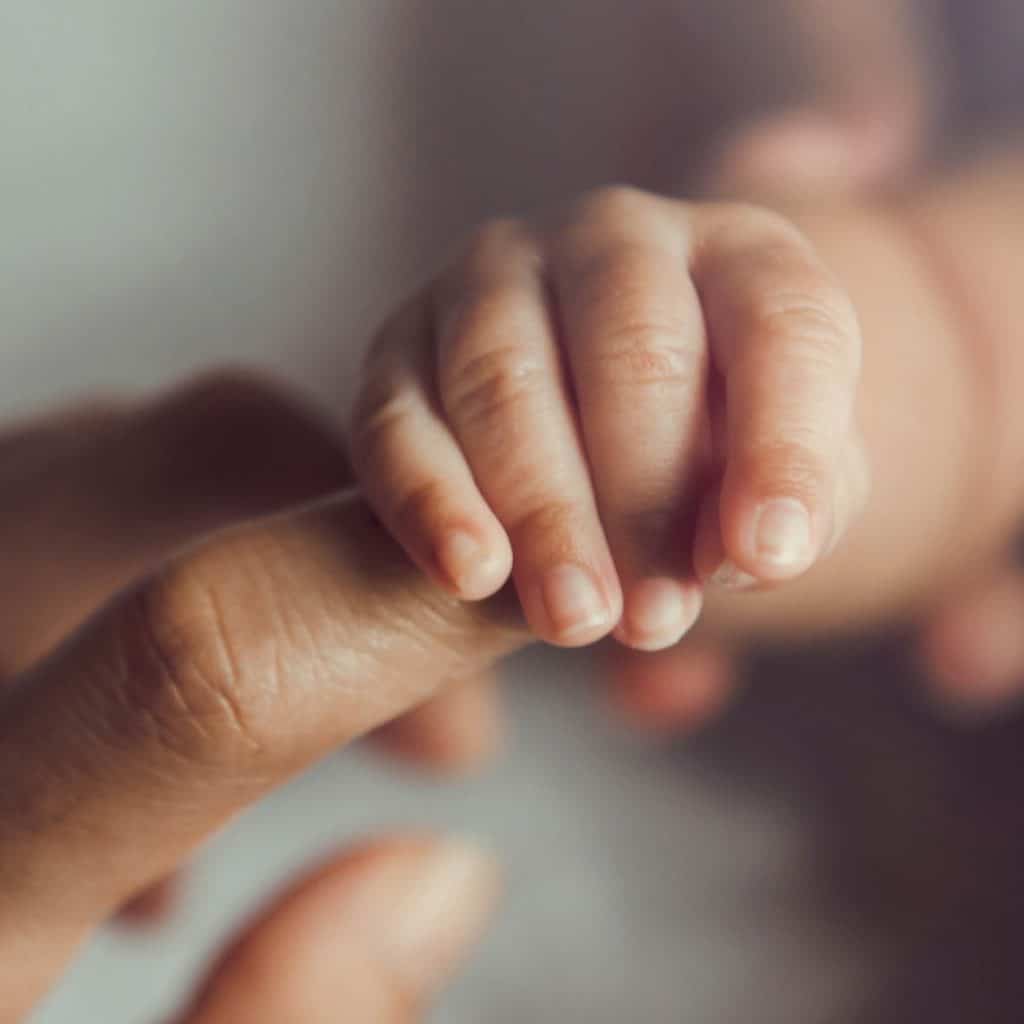The journey into motherhood is often hailed as a joyous and transformative experience. However, for some women, birth can result in unexpected challenges and emotional distress. Birth trauma, characterised by feelings of fear, helplessness, and distress during or after childbirth, is a significant issue that requires attention and support.
In this week’s blog, in honour of Birth Trauma Awareness Week, we explore the impact of birth trauma and offer advice how to cope with and heal from this experience.

Understanding Birth Trauma
Between 25 and 34 percent of women report that their births were traumatic. People who report their births as traumatic are at significant risk for developing a perinatal mood or anxiety disorder. Studies report rates of PTSD after childbirth, as varying between 1.5 and 9 percent of all births.
Birth trauma can manifest in various ways, and each woman’s experience is unique and diagnosis depends on your own lived experience and feelings rather than the opinion of a clinician. Some common factors contributing to birth trauma include emergency interventions, long and difficult labors, perceived lack of control or autonomy, a traumatic delivery experience, or complications affecting the mother or baby’s health. It’s essential to recognise that birth trauma is a valid and significant concern that can affect a woman’s mental and emotional well-being.
Coping Strategies for Birth Trauma
Acknowledge Your Feelings
Allow yourself to process your emotions and acknowledge any negative feelings associated with your birth experience. It is essential to validate your emotions and understand that they are a natural response to a traumatic event. Your hospital will provide a listening service where you can talk to them about exactly what happened and you can ask questions and hopefully make sense of what happened during your baby’s birth.
Seek Support
Reach out to your loved ones, friends, or a support group to share your experience and feelings. Talking about your birth trauma can help alleviate the emotional burden and provide a safe space for expression. Consider seeking professional help from a therapist experienced in trauma and childbirth.
Self-Care
Prioritise self-care activities that promote your overall well-being. Engage in activities that bring you joy, such as exercise, meditation, journaling, or creative outlets. Focus on nurturing yourself physically, emotionally, and mentally and don’t be afraid to ask for help.
Connect with Others
Joining support groups or online forums specifically tailored to birth trauma can be immensely beneficial. Interacting with others who have gone through similar experiences can provide a sense of validation and understanding.
Where to seek support
The Birth Trauma Association (BTA)
BTA is a UK-based charity that provides support to women who have experienced birth trauma and their families. Their website offers a wealth of information, access to support groups, and a helpline.
Coping with birth trauma is a deeply personal and often challenging journey. Remember that you are not alone, and seeking support from both loved ones and professional resources is essential. By acknowledging your feelings, practicing self-care, and connecting with others who have had similar experiences, you can begin to heal and regain a sense of control.
Remember, healing takes time, but with patience, understanding, and the right support, you can navigate the path toward recovery.
